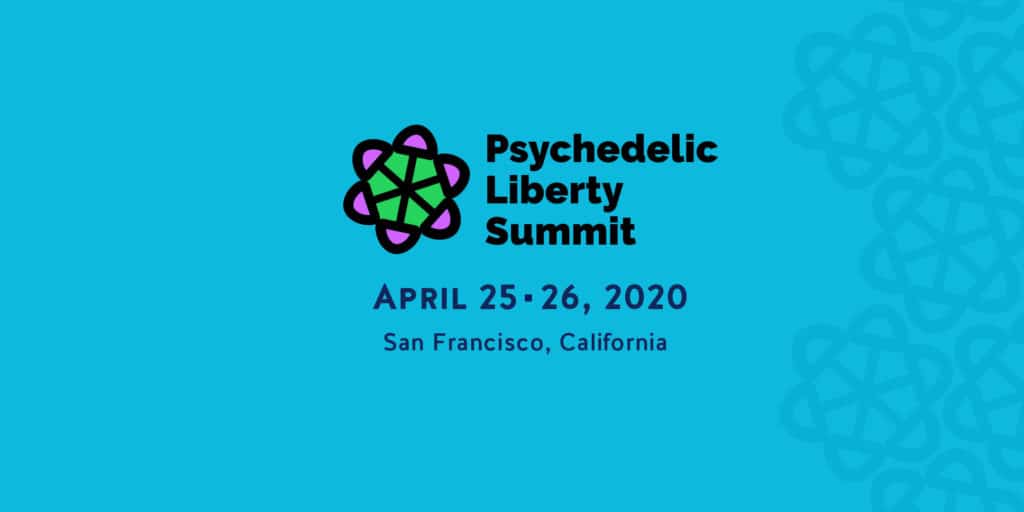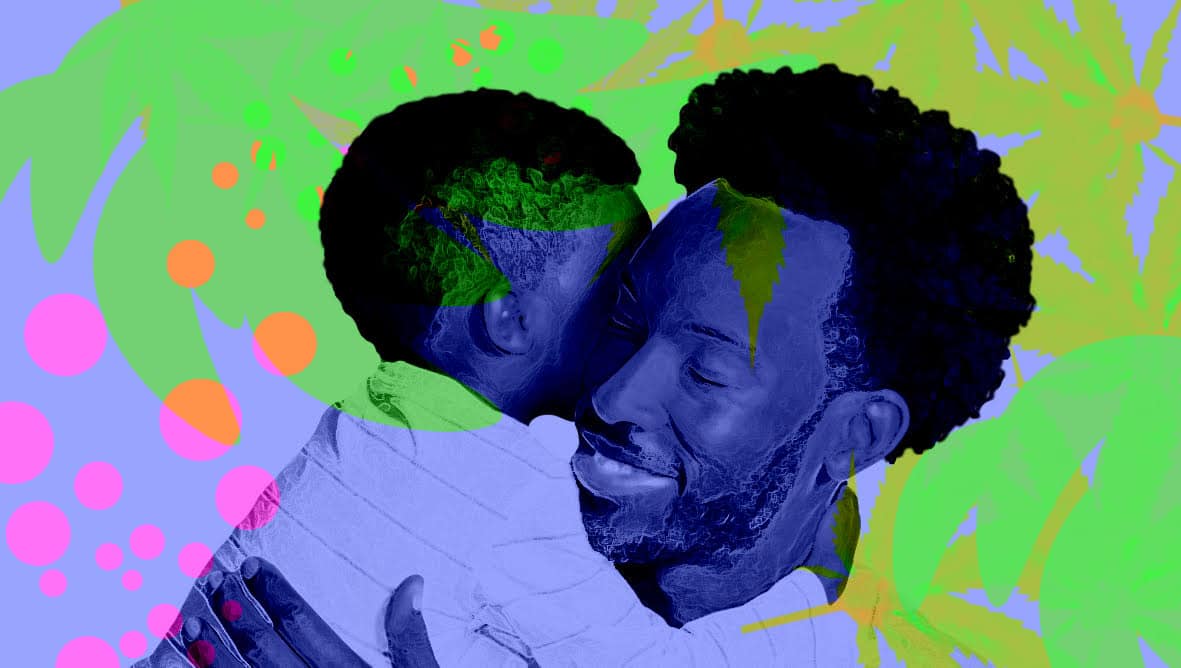- How Psychedelics Expose the Racial Stigma Around Parenting - January 13, 2020
Gunshots woke me up. I covered my son and waited. Heartbeats pounded like a jackhammer. Slowly, I left the bed and peeked between curtains at the street below. Three young men sprinted into the night.
I breathed. Reflected in the window, my face floated over the buildings. So many shootings. In that doorway, a gang drive-by left a man clutching a bloody hip. On the corner, a girl was killed. On the stoop, a boy was riddled with bullets. The pop, pop, pop of gunfire echoed through my memory. I went back to bed and stroked my son’s plump cheeks. How do I keep him safe?
Every day, I feel the weight of that question. My answer is to work like a dog. Maybe I can afford a safer neighborhood? Maybe, if I read to him all the time, he’ll have a leg up in school? Maybe I can teach him to survive a city where boys murder boys? It’s a lot of maybes. The Ultimate Dad could figure it out, so I tried to be him. No mistakes. No slip-ups. No psychedelics.
Nine months into single fatherhood, I was burnt out. I was at friend’s house; he and his wife teased me about my lumpy afro and asked if it was in fashion? Or my baby food stained clothes? I told them, I’m going on Project Runway sporting the latest in Daddy wear. After a few drinks, they said I needed a trip.
“Where?” I scoffed. “Hawaii?”
“No,” they said and he leaned in with a pill of MDMA. “We mean a trip.”
I looked at the MDMA in his palm; it glowed. He held it out to me, waiting. I leaned in. What’s the harm? My son was away. I don’t have work tomorrow. God knows, I could use it. I reached for the MDMA and remembered the gunshots. The metallic pop, pop, pop rang in my head and faded.
“No,” I sat back. “I’m good.”
Healing Interrupted
The burnout got worse. The afro was a wild tree, the clothes caked in food and vomit. I looked crazy. Dozing on the train with my son in the Bjorn, I’m surprised that no one told the cops, “That homeless man stole someone’s baby.”
Sometimes, the trouble was subtle, like when neighbors praised his “good hair” and light skin; I could hear their internalized racism.
Walking home, I hoisted him on my shoulders, and he bent over to kiss me. My son is cool like that. Holding him above the world, I felt that I could keep him safe from the troubled street. Sometimes, the trouble was subtle, like when neighbors praised his “good hair” and light skin; I could hear their internalized racism.
Sometimes, it was harsh, like when my man, T., came back from jail and a neighbor yelled, “Who let the monkey out?” I clenched my teeth and hoped T. didn’t punch him and get arrested again. We sat on the stoop and T. said the air felt good. He told me he missed his kids. He barely saw them, just like his dad had barely seen him. The words rose like steam from a cooling heart.
I saw in his face the pain that passed through his family, one generation to the next, as Black men were ripped away by mass incarceration.
I saw in his face the pain that passed through his family, one generation to the next, as Black men were ripped away by mass incarceration. He grew up in the street. He barely survived it. Now, my son lived here, among boys that tried to find manhood in violence by joining crews like the Gates Fam or Brisp Nation.
I told T. that I can’t fail at being a father but I felt like I was failing anyway. Why did our fathers leave us to figure this out on our own? Here we were, two Black men on the stoop, trying to rebuild our lives. T. lit a joint, inhaled, and blew out a plume of smoke. He passed it to me but I shook my head.
“You trying to be good for your son,” he said.
“Trying.” I held my palms up and wobbled my head. “Trying. I never met my dad. I’m making this up as I go along.”
“Half these niggas don’t know their dads,” he waved at the neighborhood.
“Hell, let’s track mine down,” I laughed. “Knock on his door and when he opens, shove my son in his face and yell, ‘see, I’m not a mistake’ and take a selfie.”
My head buzzed with rage and I couldn’t speak. I wrung my hands like a dishrag.
T. squeezed my shoulder, “You’re not mistake.”
The Accidental Trip
“God Bless America,” we sang, arms around each other in the weed dispensary. I held a joint, and a bag of edibles. It was the first time I bought marijuana legally in the United States. I was in Portland, speaking on psychedelics, which was odd, since I had not done any in a long time. After the event, friends brought me here and cheered when held up the bag.
I went to the hotel, and looked out of the window. I was 2,880 miles away from Brooklyn, my son, and my alter ego The Ultimate Dad. The edible bag was on the table. Why not? Who’s it going to hurt?
I ate a few. Nothing. I waited. Nothing. I ate the rest. Nothing. Jesus, does “made in America” mean anything? The sauna was open, so I took a towel and went downstairs to steam off the long conversations. The wooden room sizzled. A man came in, followed by four identical brothers who vanished as he sat. That was odd. I passed a hand in front of my face and it multiplied into many hands. Oh!
Under the covers, my “I” melted into darkness and huge waves of hurt and anger and sadness tossed me.
Swaying like a sailor on a ship, I got to my room and fell on the bed. Fuck. Fuck. Fuck. Under the covers, my “I” melted into darkness and huge waves of hurt and anger and sadness tossed me. Guilt at not seeing my son every day. Sadness at not knowing my father. Anger at my co-parent. In my mind, gunshots echoed again and a boy ran down the street. When he turned, I saw my son.
I realized: to him, I was a “good enough” father.
I wept. I screamed. Panting in the bed, eyes closed, I gave up to the pain. And then a memory surfaced. The last time my son stayed over, he slept on my chest. In the blue light of evening, I saw his calm peaceful joy. He was always happy. I realized: to him, I was a “good enough” father.
Rising from the bed, I went to the window. My face floated over the city. We were going to be okay.
Reconciling with the Shadow
“How was Portland?” my co-parent asked. I hoisted our son into her arms. Fun city, I said, but didn’t go into the “trip” part of it. The fresh emotions glowed in me like cooling lava.
I looked at her holding him and, instead of the resentment at co-parenting, I felt compassion. She was on her journey. So was I. Our lives had collided briefly. Neither of us were at fault. We were playthings of forces and of a history that was beyond our control.
I punished myself for not giving my son what my dad never gave me. A traditional family. A safe future. The self-doubt cast the world in a sinister light. But it warped reality. Yes, some streets are dangerous, but there’s a lot of loving people too. Yes, I never saw my father, but I am not him and never will be. I’m not rich, but I love our son infinitely.
He reached out for a goodbye hug.
“I love you,” I said and kissed his face, “I love you. I love you. I love you.”
Join us at the Psychedelic Liberty Summit

Take a minute to browse our stock:
Did you enjoy reading this article?
Please support Chacruna's work by donating to us. We are an independent organization and we offer free education and advocacy for psychedelic plant medicines. We are a team of dedicated volunteers!
Can you help Chacruna advance cultural understanding around these substances?
















